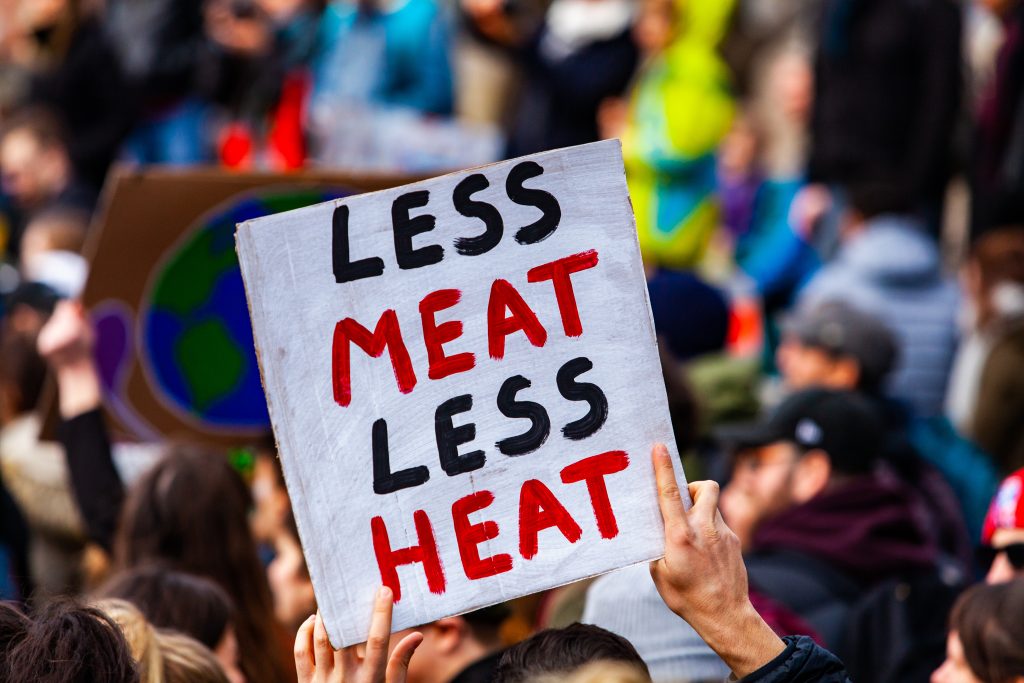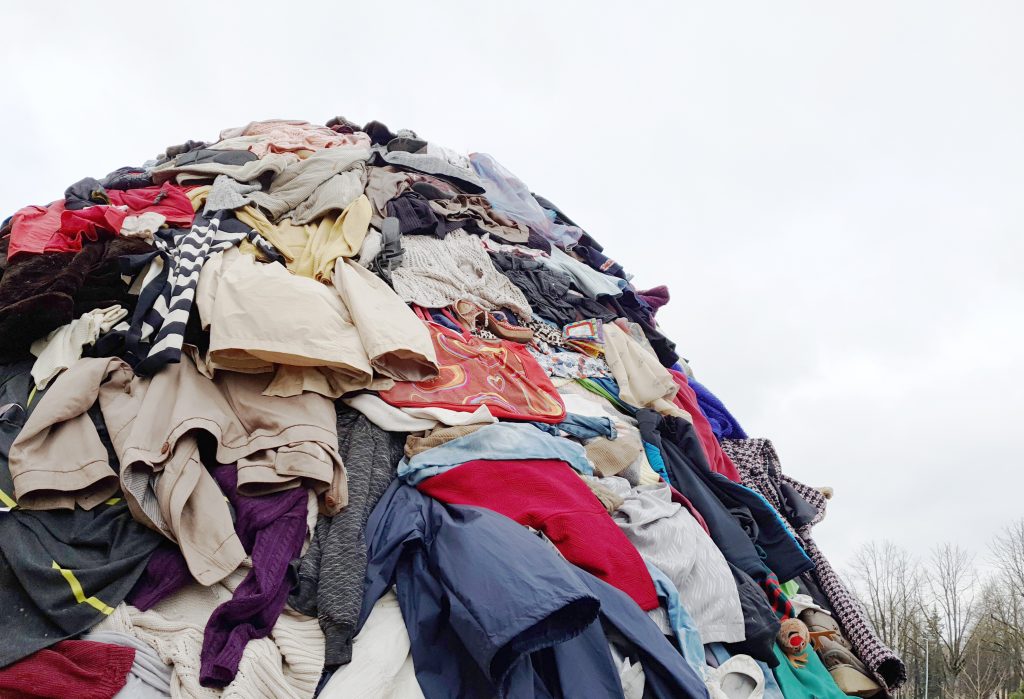Small Changes Make a Difference
It’s hard to imagine that just one person making small changes can make a difference. But it’s true – scientists that study social behavior have found that when one person makes a decision or action that’s sustainability-oriented, other people will follow. So, what are some of the most effective actions you can make to curb climate change? We’ve listed just a few.
Reduce Your Use of Fossil Fuels
The single most impactful action that one can make starting now and going forward is to limit the use of fossil fuels and move toward greener alternatives. This doesn’t mean you have to go out and buy an electric car tomorrow or replace all of your appliances with energy-efficient ones by the end of the week. What it does mean is to be more conscious about your habits – drive or fly less, change what you eat and buy, or, if it’s an option, switch to a “green” energy provider.

Simple actions like bicycling to work or walking to locations within two miles of your home help reduce fossil fuel emissions. Unplug appliances when they’re not in use to prevent “vampire” usage and cut energy consumption. Energy use can also be reduced by making a simple switch to LED lightbulbs. Another simple way to use less energy is to turn your thermostat down two degrees in the winter and up two degrees in the summer and use a programmable thermostat to ensure the best performance.

Eat Less Meat
Try eating less meat: less meat demand means fewer livestock animals producing methane as they digest their food. Grazing animals like cattle, lamb, and bison especially produce large amounts of methane as a part of their digestive process. A single cow can emit over 50 gallons of gas in a single day! Reducing meat consumption also helps reduce CO2 emissions because large volumes of CO2 are released into the atmosphere when forests are cleared to make room for fields or pastures. Finally, try to buy locally grown and/or seasonal produce in order to minimize the carbon footprint of shipping produce.

Buy Used
The next time you’re looking to update your wardrobe, consider visiting a local thrift store and buy used instead of brand new. Not only is the amount of water necessary to grow cotton huge, but the energy required to produce clothing results in large outputs of CO2, not to mention the use of fossil fuels to transport the clothing to stores.
These are just a few actions you can take to help reduce the effects of climate change. If you’re interested in more ways to make a difference, check out this article from Curbed on 101 Ways to Fight Climate Change.